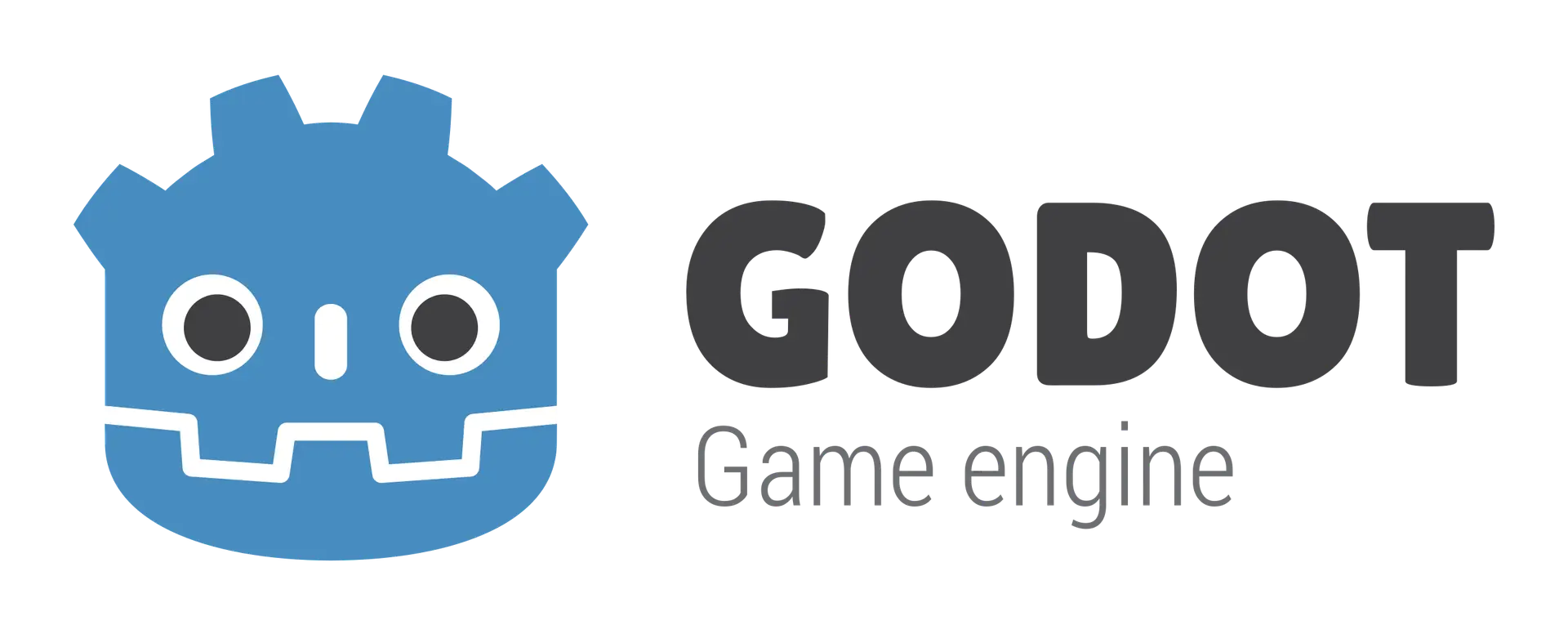When it comes to game development, choosing the right engine is one of the most important decisions you’ll make. Two of the most popular options are Godot and Unity, both offering powerful tools for developers of all skill levels. But which one is best for your project? Let’s explore their differences, strengths, and ideal use cases.
Overview of Godot and Unity

Godot is an open-source game engine known for its lightweight nature and user-friendly scripting. It supports both 2D and 3D game development and is entirely free to use with no licensing fees.
Key Features:
- Lightweight and efficient
- Node-based scene system
- Supports GDScript, C#, and C++
- Open-source with an active community
- No royalties or licensing fees
Unity is one of the most widely used game engines, offering robust support for both 2D and 3D games. It provides a comprehensive ecosystem with access to the Unity Asset Store, a massive library of assets, and a well-established development community.
Key Features:
- Industry-standard for indie and AAA game development
- Supports C# scripting
- Large asset store and community support
- Advanced rendering and physics engine
Free version available, but with revenue-based licensing fees
Performance & Ease of Use
Godot’s Performance & Usability
Godot is known for its simplicity and intuitive interface. Its node-based system makes organizing game elements easy, especially for beginners. While it’s not as optimized for large-scale 3D projects, it excels in 2D game development, offering a more lightweight alternative to Unity.
Unity’s Performance & Usability
Unity is a more resource-heavy engine, but its highly optimized rendering pipeline makes it a strong choice for both 2D and 3D games. It requires a steeper learning curve due to its extensive features, but its visual editor and wide range of tools provide flexibility for all kinds of game development.
Scripting & Programming Languages
- Godot: Primarily uses GDScript, which is Python-like and easy to learn. It also supports C# and C++ for advanced users.
- Unity: Uses C# as its primary language, making it more familiar for developers coming from other programming backgrounds.
2D vs. 3D Development
- Godot: Best for 2D game development due to its lightweight framework and built-in tools.
- Unity: Ideal for both 2D and 3D, with a stronger emphasis on 3D thanks to its advanced rendering engine.
Pricing & Licensing
- Godot: Completely free and open-source with no licensing fees.
- Unity: Offers a free tier, but commercial use beyond a certain revenue threshold requires a paid license.
Which One Should You Choose?
| Factor | Godot | Unity |
|---|---|---|
| Best For | Indie developers, 2D games | AAA & indie developers, 3D games |
| Learning Curve | Easy for beginners | Steeper but more powerful |
| Performance | Lightweight, best for 2D | More powerful, optimized for 3D |
| Pricing | Free & open-source | Free with paid licensing options |
Final Thoughts
If you are new to game development or focused on 2D projects, Godot is an excellent choice due to its simplicity and free licensing. However, if you want a more powerful, industry-standard engine with broader support for 3D and commercial projects, Unity is the better option.
Ultimately, the best choice depends on your project’s needs and your comfort level with each engine. Happy coding!
